Management Communication MNG81001: Virtual Teams Report Analysis
VerifiedAdded on 2023/06/08
|8
|345
|169
Report
AI Summary
This report addresses the management of virtual teams, focusing on their benefits and challenges within a global business context. It begins by defining virtual teams and highlighting their cost-effectiveness and ability to leverage global talent, enhancing productivity. The report then explores effective management strategies, emphasizing the importance of defined work systems, strong communication skills, and leadership. Challenges such as fragmented teams, lack of cohesiveness due to poor communication, and preferences for face-to-face meetings are also discussed. The report concludes by acknowledging the risks associated with virtual teams while emphasizing their overall potential to benefit organizations and drive success. References to relevant literature are included to support the findings.
1 out of 8
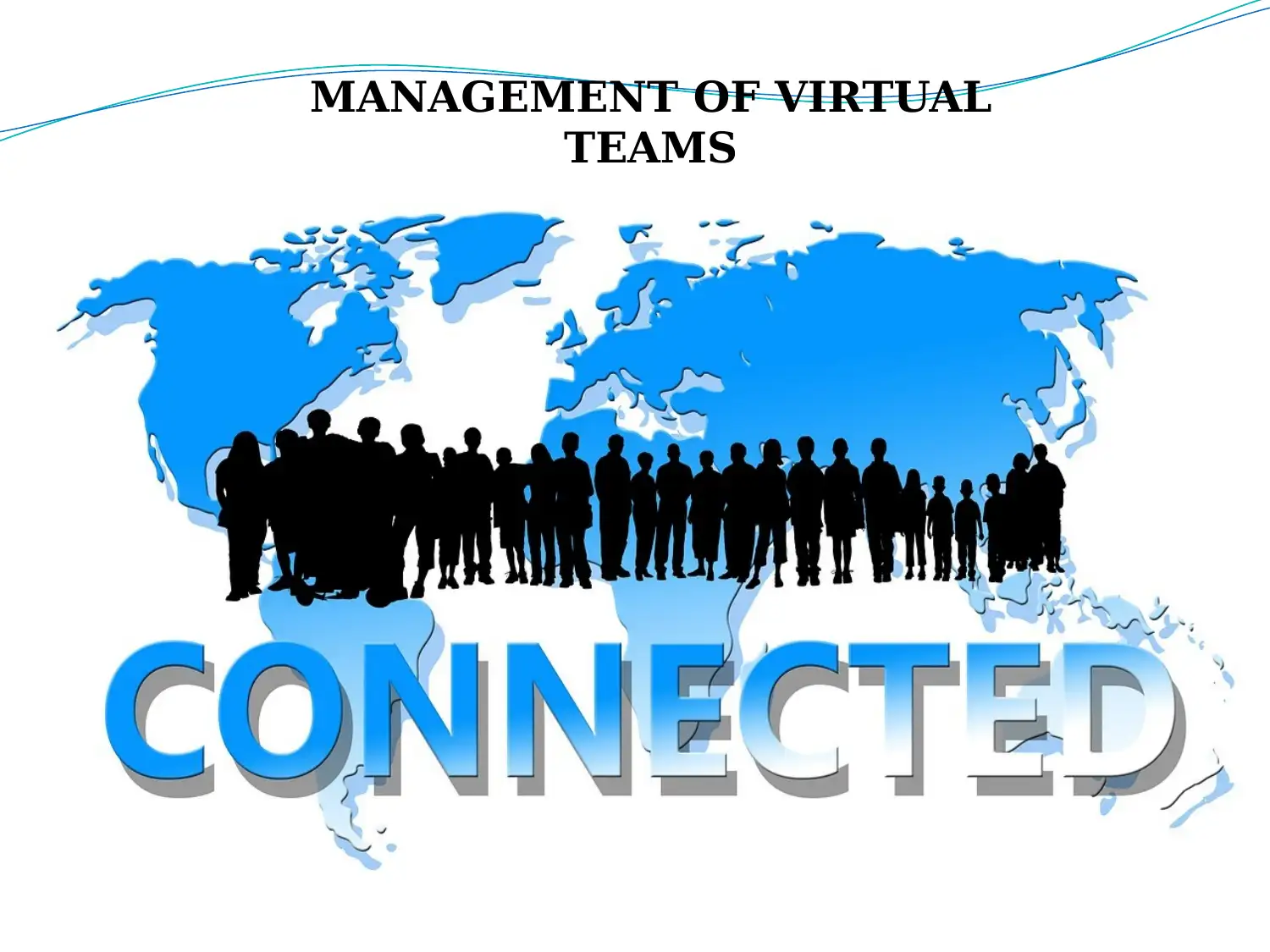
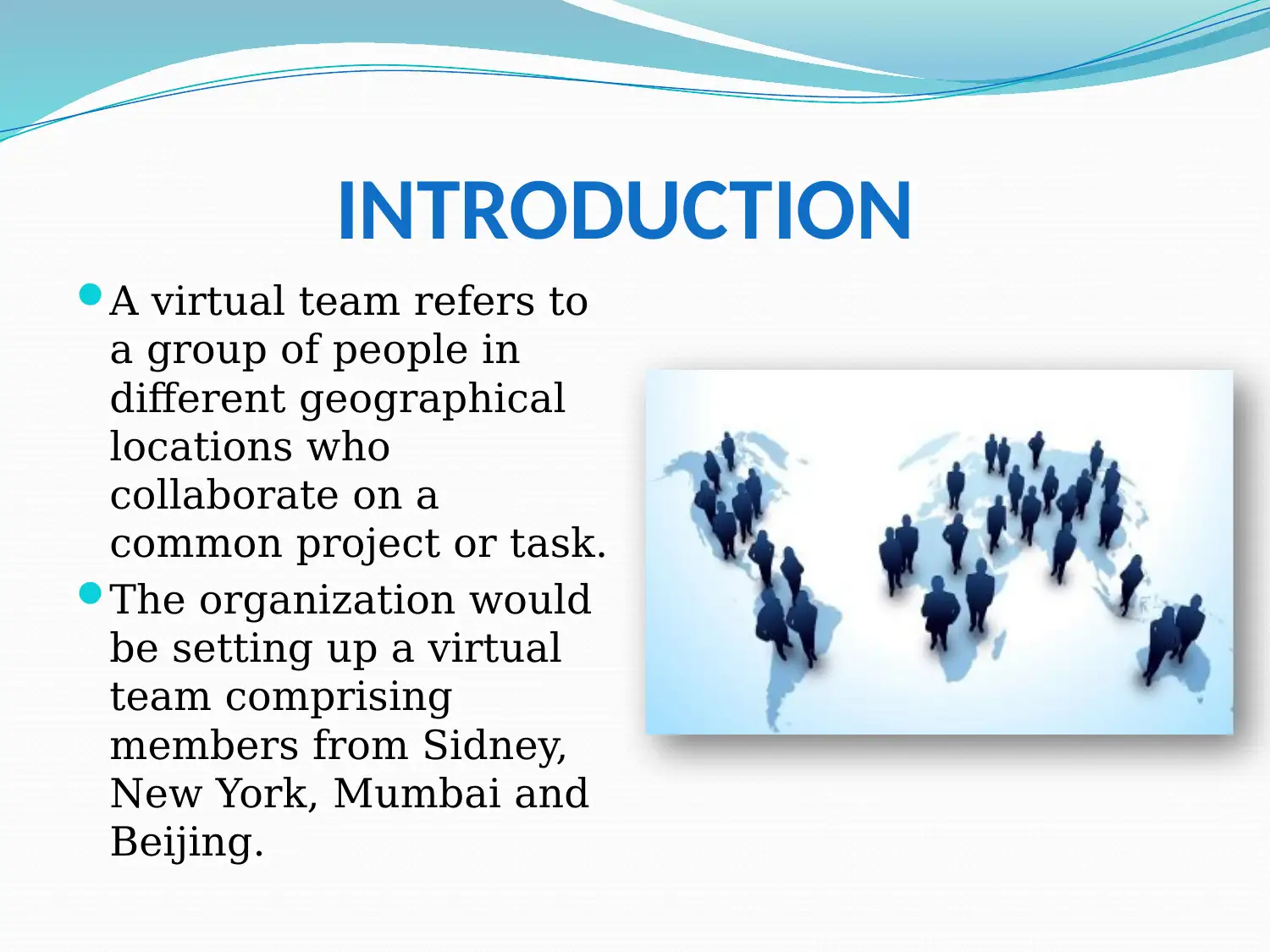
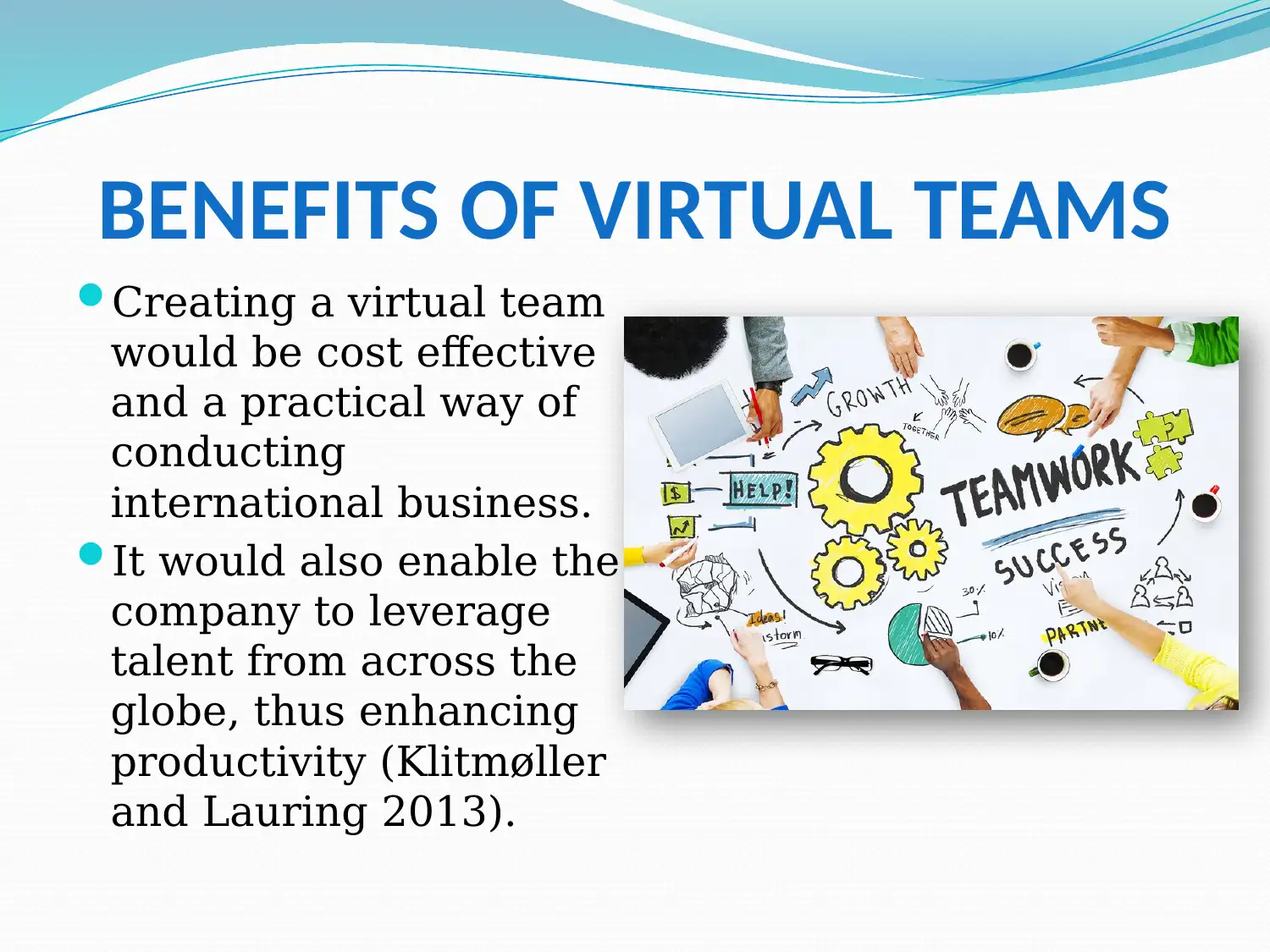

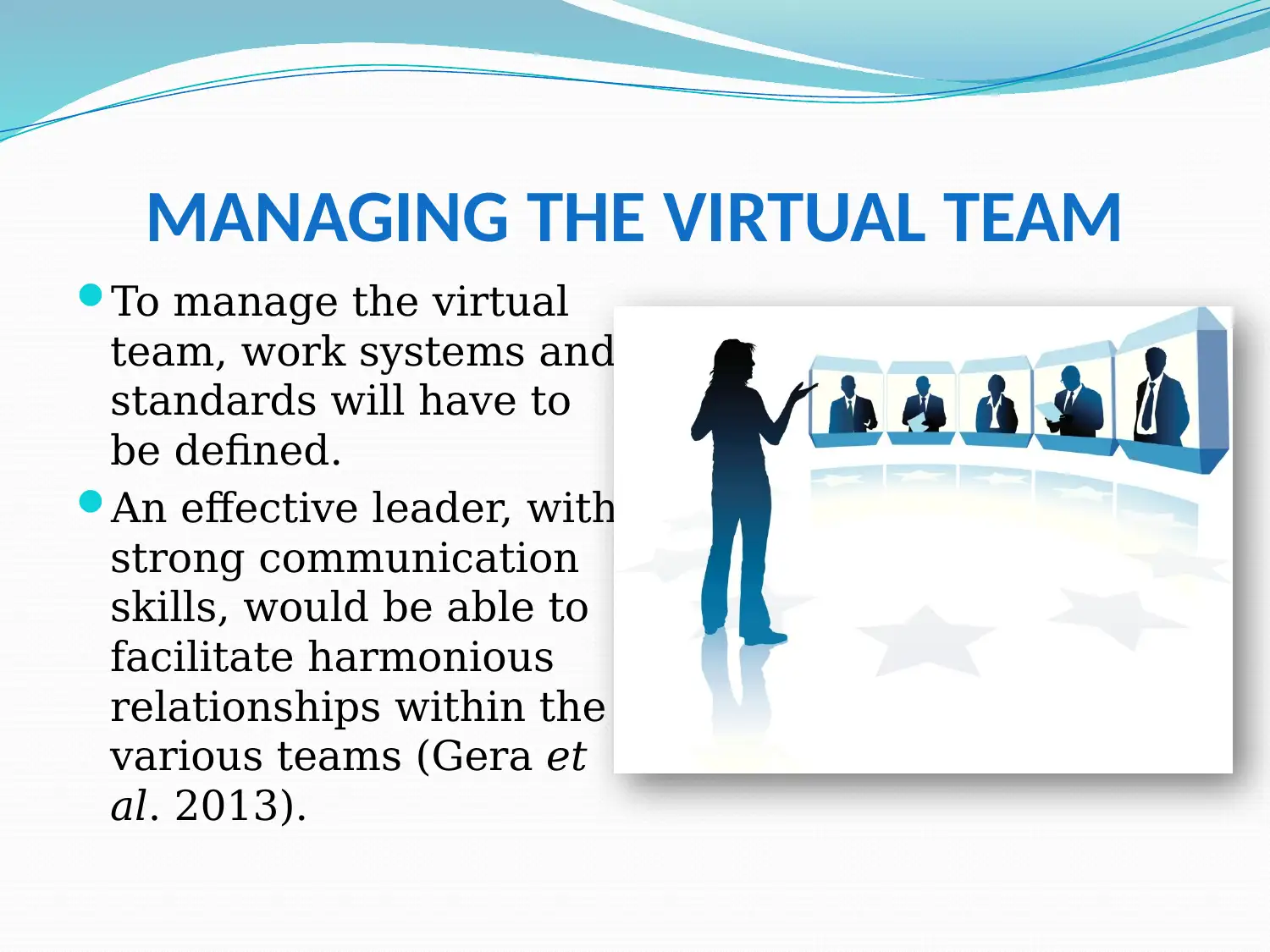
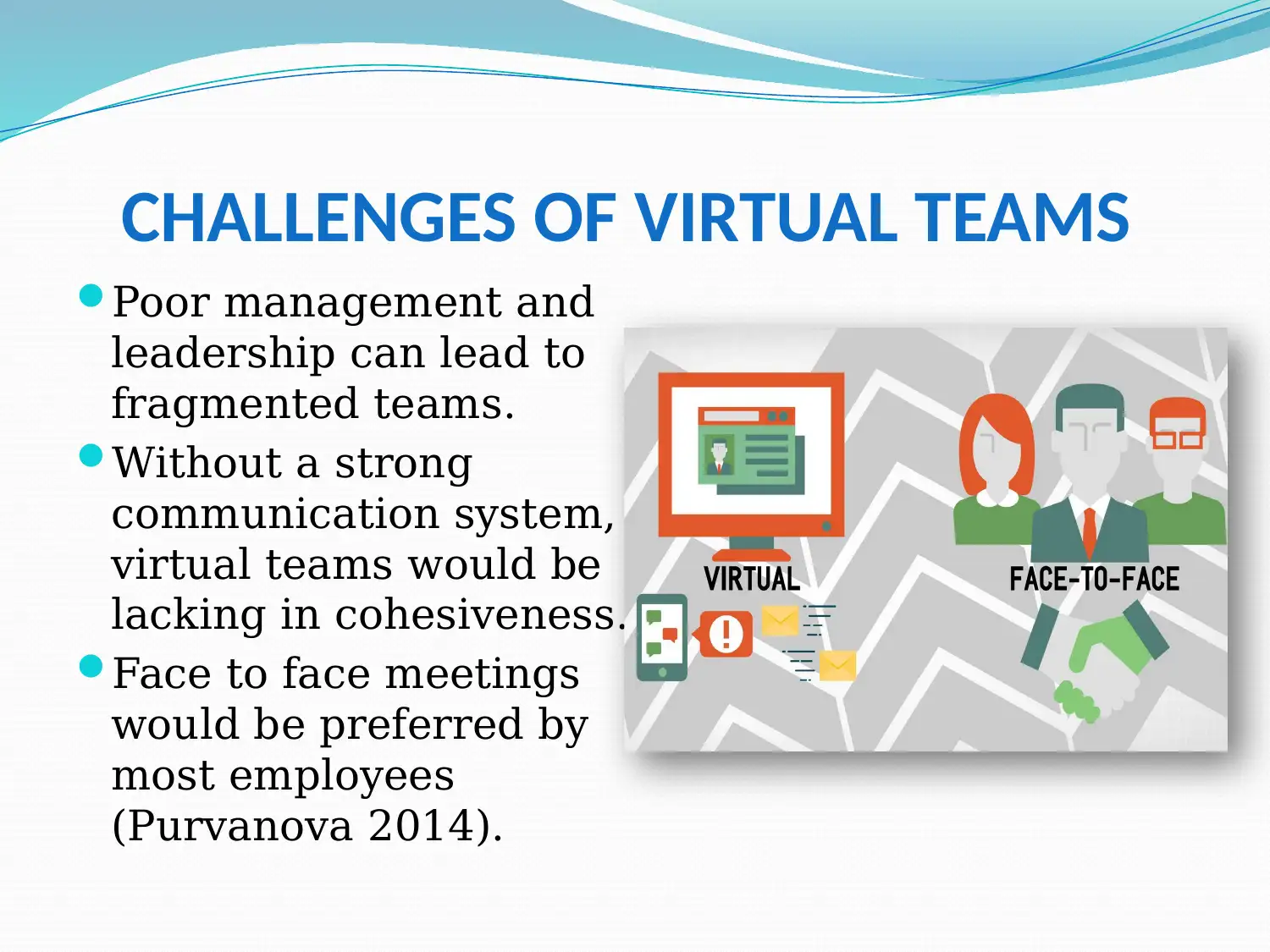

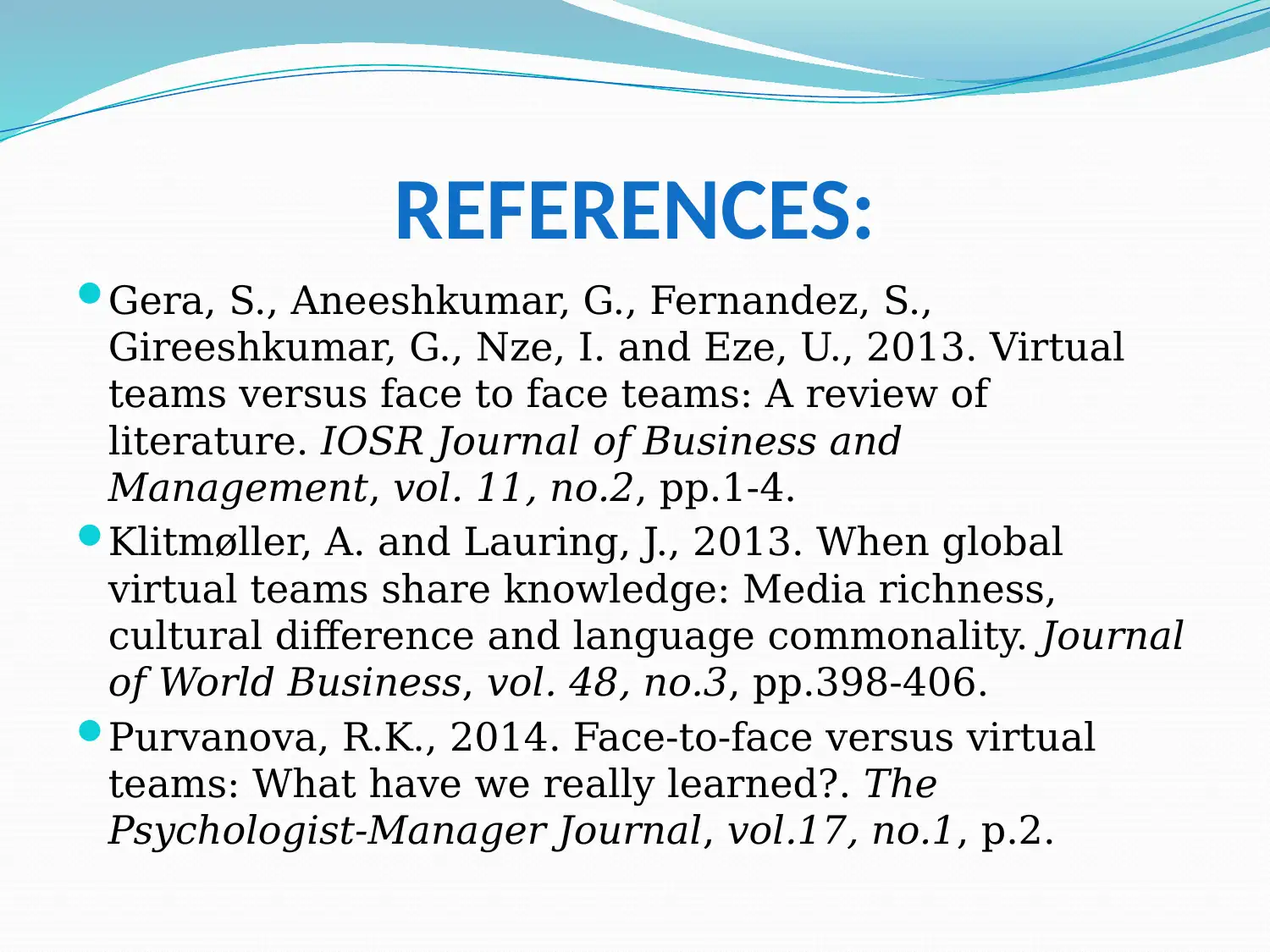






![[object Object]](/_next/static/media/star-bottom.7253800d.svg)